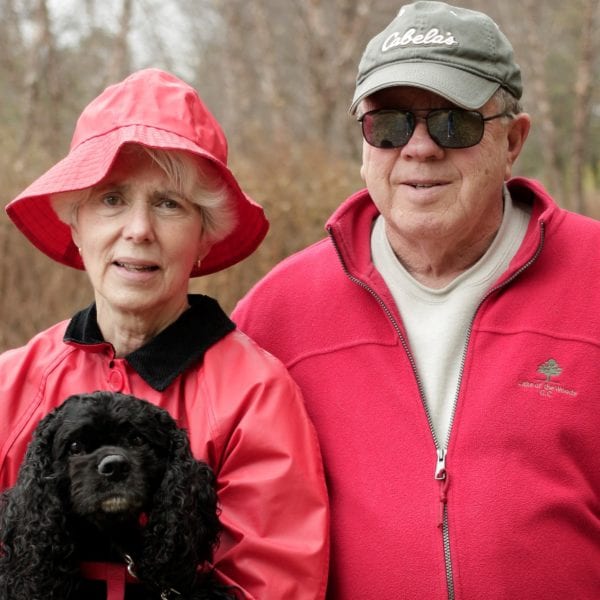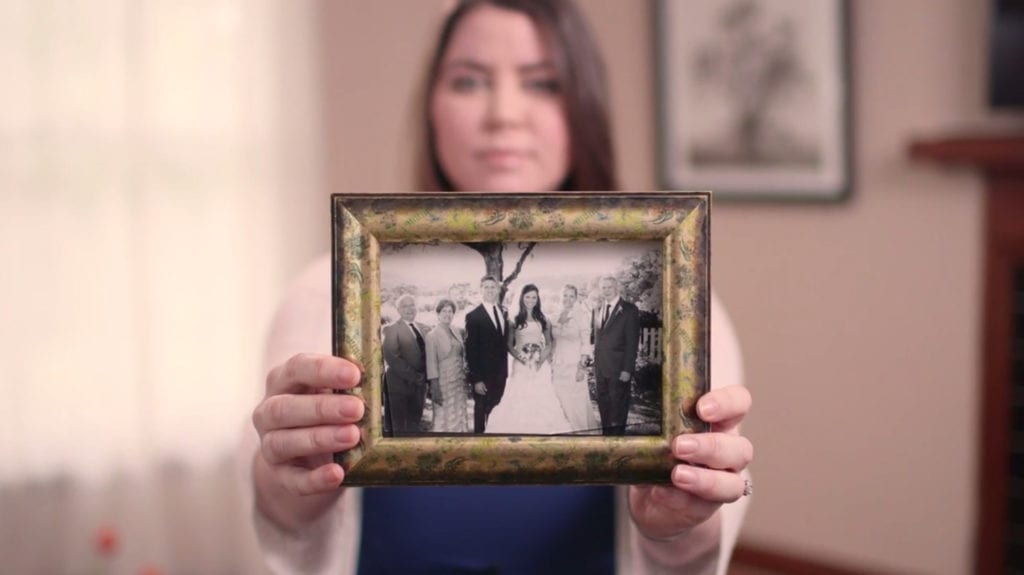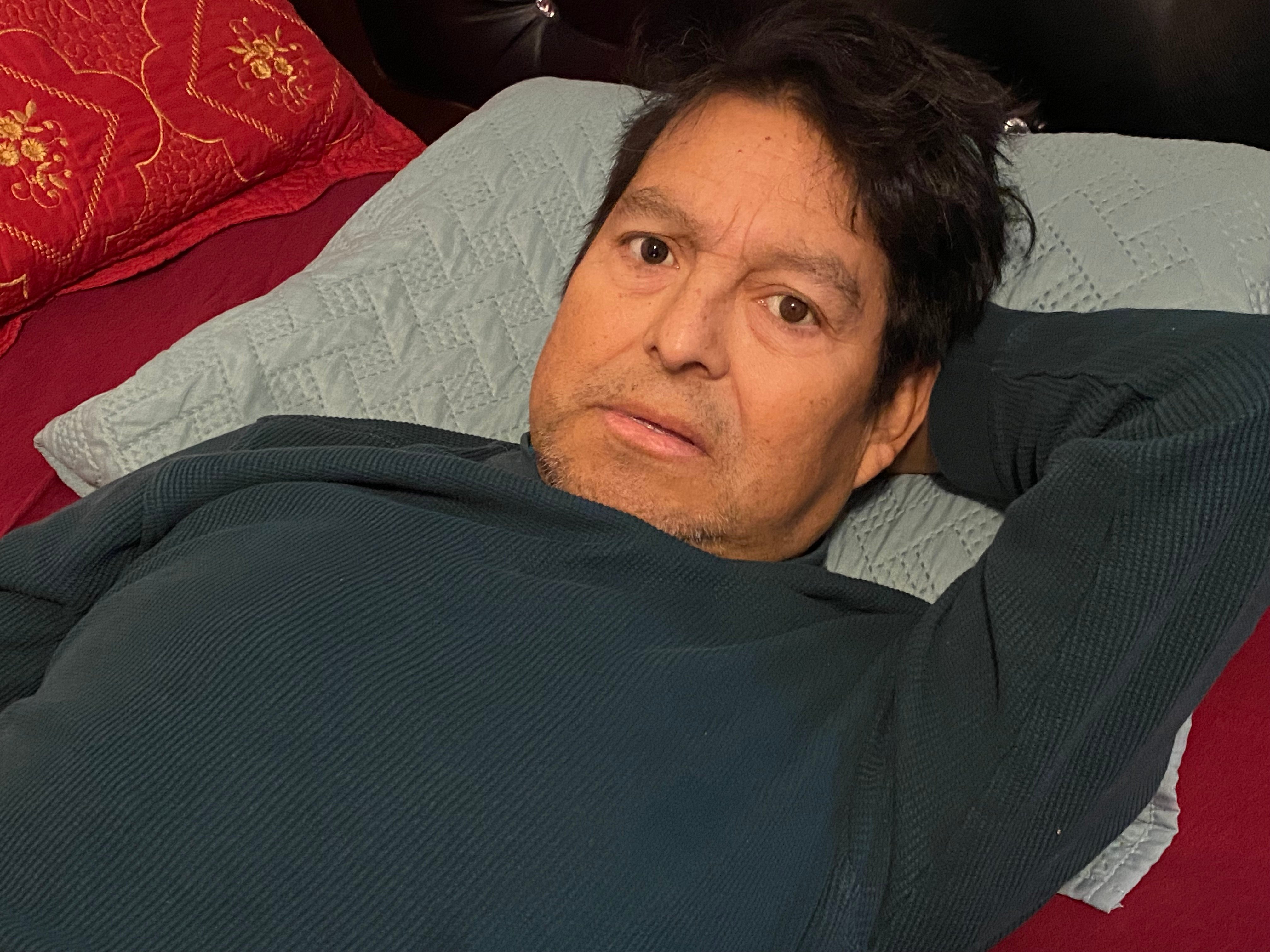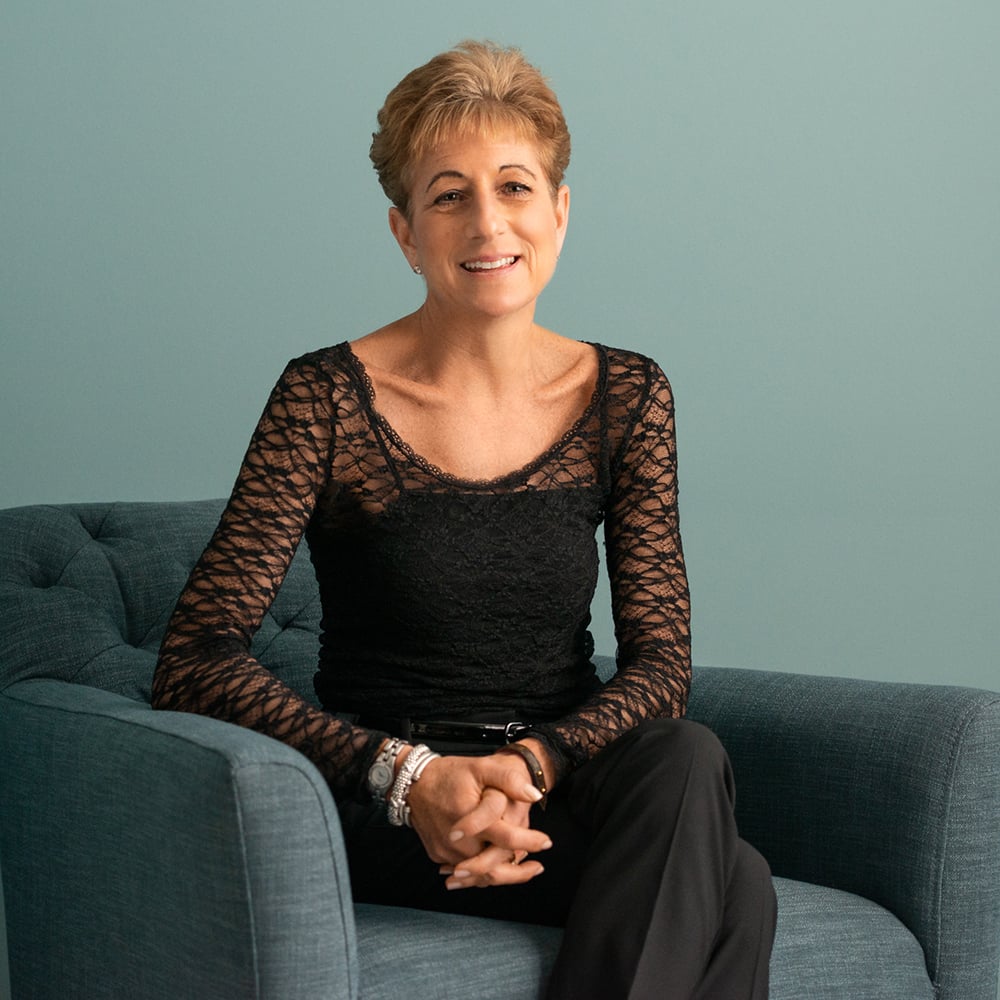Don shared his story in May of 2020
In 1989 my wife and I were in the midst of a thirteen-year slog, caring for her mother, a retired nurse as she succumbed to Alzheimer's disease. Her mother had served as the chief of nursing for the state of Illinois. Ironically, she had not prepared advance care documents for herself. As a result, we contacted multiple nurses who had worked closely with her and asked for their guidance on what they believed she would have outlined her wishes to be.
We were deeply informed by that experience and it served as the impetus for my wife drafting her own, very explicit, healthcare directive. Feeling the absence of her mother’s advance directive, she was not going to allow her own wishes to remain unknown.
Several decades later my wife developed signs of the same disease. We decided to accept that challenge from life and to engage every available resource, strategy and treatment. We sought as much purpose and happiness as possible. We made an appointment with one of our local nursing leaders, asking how we might best navigate the course ahead. Her advice: “Tell me how you want to die and we'll work back.” That is exactly what we did.
We both retired and for the next seven years we put every part of our lives in order (to the extent such things are possible); legal, family relationships, a drug trial, advanced directives and will, memorabilia, disposition of remains and a satisfactory obituary. This last needed only time and place of death and recognition of caregivers.
Five years into her diagnosis, her needs increased significantly and I was faced with the reality that I could no longer provide her with the care she needed at home. Together we chose a residential facility that could assure her security and wellbeing. I visited daily, often several times a day, and continued to give her some direct care. I did all of her personal laundry. I valued the connection of taking care of her. She didn’t know me in the end, but she clearly liked me. Sometimes I was her dad, sometimes I was her brother, but I wasn’t her husband, Don. She would ask, “Where is Don?” I’ve been around enough dementia that this wasn’t frightening nor threatening to me.
As is common enough, advanced Alzheimer's disease left my wife with adequate mobility but virtually no judgment or protective reflexes. I was schooled by her doctor that falls were inevitable and those unavoidable injuries might well be one of the doors through which she would exit this life.
The explicit advance directive she had written to me and her brother many years before, as her mother struggled with her own disease, proved to be the most meaningful guidance in her end-of-life care. She had stated that in the case of dementia, she wanted palliative care only. No antibiotics, no labs, no transport to the ER, no CPR, no assisted feeding. Nothing but palliative care or hospice.
As a woman of great faith, she declared that should her brother or I fail to honor her directive, she would refuse to pray for us in heaven. That was the ultimate carrot and stick she could conjure. I had that directive enlarged to poster size, signed in her beautiful script, and hung on the wall next to her bed.
I was always glad to have the directive, but when I invoked its use, it’s true power became clear. It wasn’t just a legal document. It was the narrative power of the letter with her signature. It carried huge emotional weight and had a stunning impact on the medical professionals taking care of her. Every CNA, nurse, doctor, visitor and family member read and heard her decisive voice.
On Christmas Eve of 2019, my wife had her final fall, resulting in enough injuries to qualify for hospice. The poster with her explicitly outlined end-of-life wishes influenced her hospice doctor to provide immediate care that was most clearly aligned with her desires. He soon placed her on palliative sedation, a medical protocol to reduce consciousness to relieve extreme pain and suffering, usually resulting in death. A week later, on New Year's Eve, she died peacefully.
For the past five years, I’ve been a member of a support group for dementia caregivers. We discuss the reality of what one is likely to face on the long road of caring for a loved one with dementia. From this support group and my experience helping care for my mother-in-law, a few close friends, and my wife, I’ve learned that medical professionals almost always break the news of a dementia diagnosis by saying, “There’s certainly mild cognitive impairment here,” before they ever say Alzheimer’s.
I wish the general public had a better understanding, upfront, of the path ahead. Medical professionals understandably prefer to ease the family and the patient. I see the wisdom in that but I’m inclined to prefer a straightforward approach. It’s crucial for people to understand that their lives are going to change in ways they cannot even begin to imagine and to have extensive conversations about that reality. That is the message I’d like to provide to caregivers. They should prepare themselves for a life they may have never considered. It will require their best selves, asking questions and making decisions that go to the very heart of what is truly human, truly kind and truly smart.
Unfortunately, many people are unprepared when serious things come up, such as making a decision about resuscitating someone with dementia or disabling a pacemaker. They’ve never thought about what it would be like to say “no.” The consequence is that people default to “yes” and so may inadvertently consign their loved one to many more months of suffering, without sufficient reflection as to what the patient’s wishes may be.
“Tell me how you want to die and we'll work back,” the advice we received from a nurse early on, was key in navigating the decisions we later faced. It was an elegant introduction to how serious dementia is and it is my deepest recommendation for those at the beginning of the journey.
Resources for caregivers and those living with dementia:
Dementia Values & Priorities Tool
This tool walks individuals through the common stages of dementia and helps them to identify when, if ever, their goal for care may change from “do everything possible” to “allow for my natural death.” The tool allows users to create a Dementia Healthcare Directive to add to a standard advance directive, which empowers healthcare proxies to implement critical, informed decisions — guilt-free — on a patient’s behalf.
This tool allows users to indicate the current status of their dementia diagnosis, specify what they hope to learn and accomplish from an upcoming clinical appointment, and customize that experience from a list of helpful questions. Responses can then be printed or emailed to a provider or family member to ensure that these high-stakes medical appointments allow for the important discussions that everybody in the room needs to be part of.






